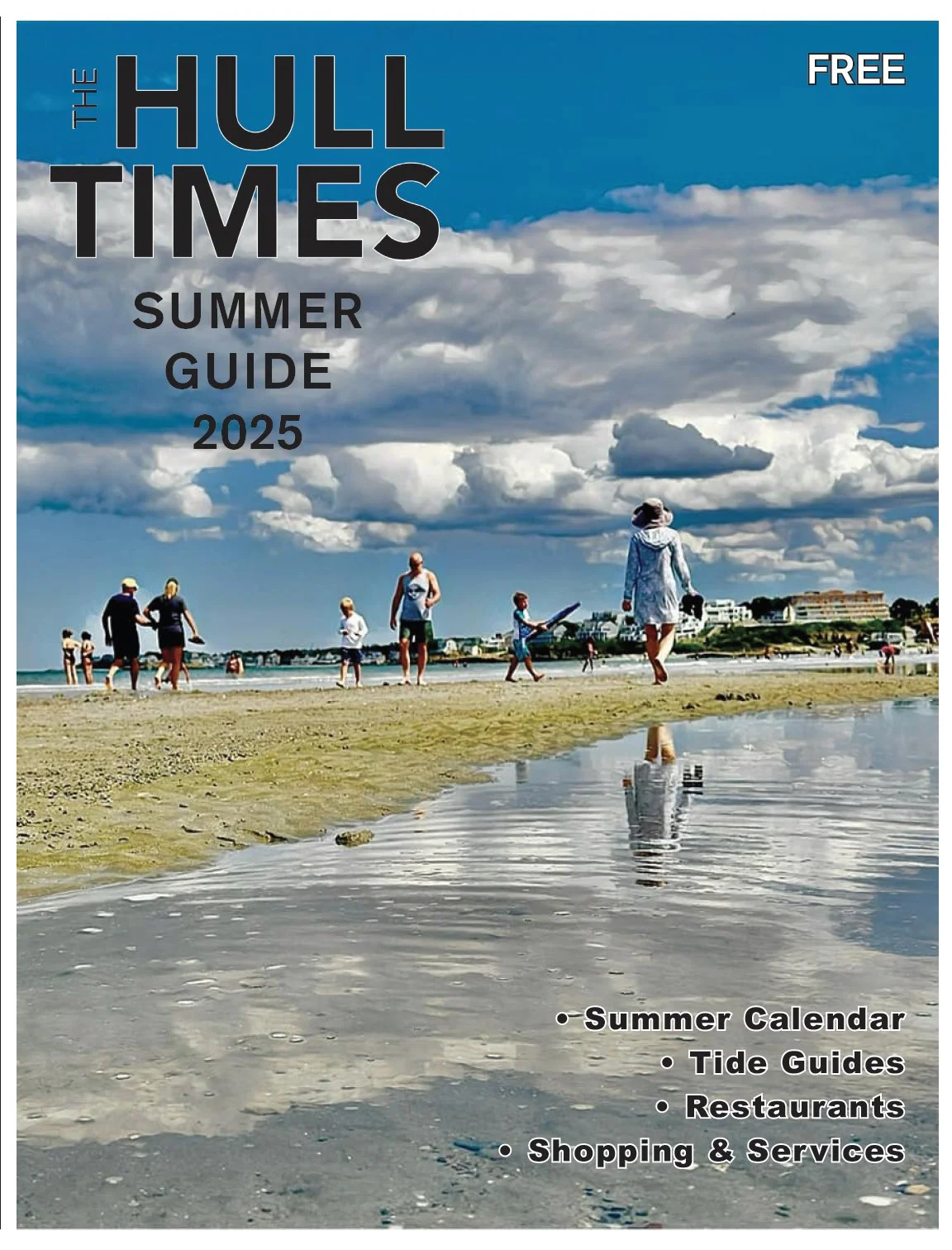The procedure allows the authority the option to continue its ongoing review of development options under its draft Urban Renewal Plan, regardless of whether voters approve an article on the May 1 town meeting warrant to rezone the HRA property as open space.
The planning board will review the HRA’s subdivision plan on Wednesday, March 29, along with a similar request by the developer of the former Atlantic Aquarium to protect the existing zoning on his property.
“The biggest concern of the HRA and the town meeting warrant is [the article] in relation to open space,” said planning board Chair Harry Hibbard at the March 8 meeting. “It is on record they [HRA] will provide 15% affordable housing.”
Hibbard said the board consulted with Town Counsel James Lampke about the preliminary subdivision procedure. Under the state’s Subdivision Control Law, the filing of the plan does not necessarily mean that the land would be separated beyond having revised lot lines on paper.
“Bottom line it is a solid law and it has a long history,” said Hibbard. “It doesn’t even have to be a subdivision; it can be a complete sham, but it is still protected, and the protection runs with the land.”
Director of Community Development and Planning Chris DiIorio confirmed that “the eight-year zoning freeze starts on the filing date of the preliminary subdivision, provided the definitive [plan] is filed within seven months.”
Prior to the March 8 meeting, Jonathan Leavitt, principal at 120 Nantasket Avenue LLC, asked for a continuance for the request for approval of the preliminary subdivision to be heard in conjunction with the site plan and special permit review for the Residences at the Aquarium, a 21-unit development.
In other business, the board approved the site plan for the redevelopment at 248 Atlantic Ave., proposed by local businessman Robert Patel. The new building would remove the former Marylou’s building and replace it with a two-story structure, with a store on the first level and an apartment upstairs. Hibbard said the newly named Atlantic Hill Market is a “fairly standard project with a fairly standard condition table.”
The remainder of the March 8 meeting contained a discussion of proposed zoning bylaw changes to be heard at a public hearing later this month.
The Accessory Dwelling Units (ADU) bylaw allows homeowners to add rentable space to their houses “as of right,” or without a special permit. The bylaw proposal says it provides for a “more efficient and economic use of existing housing stock by enabling homeowners of single-family dwellings larger than required for their present needs to share space and the burdens of homeownership, while also protecting the stability, property values, and residential character of the neighborhood.”
Planning Board Vice Chair Jeanne Paquin said she has “concerns about who will review it and enforce it,” explaining that “other towns do it by special permit and require it to be used for caretakers or family members.”
Hibbard said he believes the bylaw would be “heaven-sent if restricted to income eligible seniors… [as] a tool to help elders age in place.”
Paquin said “she is not against something like this,” but hopes ADUs can be allowed by special permit.
“Certainly, in a town as densely populated as ours, neighbors know what is going on,” she said.
Another bylaw, a citizen’s petition sponsored by George Boylen, would require developers of more than 10 units to designate a minimum of 10% of the total units as affordable housing.
Hibbard, who is also a member of the Affordable Housing Committee, is “concerned” that Article 20 relies on the Affordable Housing Committee to administer the program.
“The whole impetus behind it is a volunteer committee is going to administer it is a fatal flaw,” he said.
The board will discuss these and other proposed bylaws at the public hearing, which begins at 7:30 p.m. on March 22 at town hall.




























